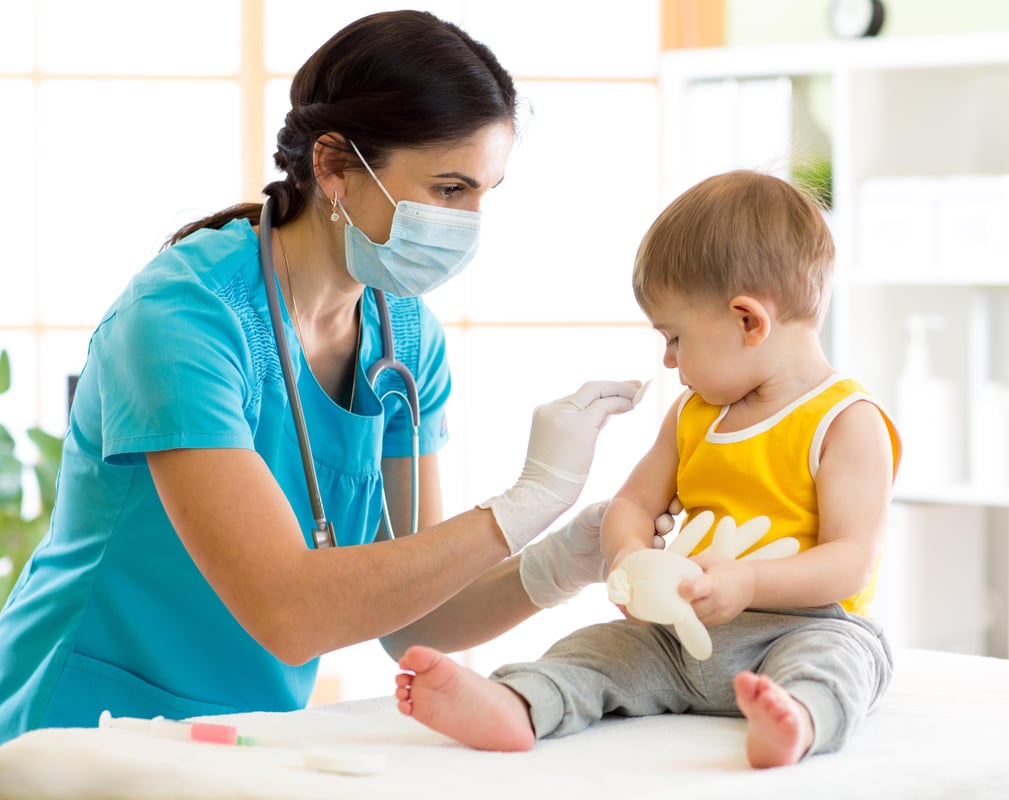Less Than Half of Parents Plan to Get COVID-19 Vaccine for Youngest Children

TUESDAY, July 26, 2022 (HealthDay News) -- Parents have had to wait a long time to have access to a COVID-19 vaccine for their children under the age of 5 years, but a new survey shows many still will not get a shot for their children.
About 43 percent of U.S. parents of children aged 6 months to 4 years said they would not get their children a COVID-19 shot, while another 27 percent said they were not yet certain what they will do, the Kaiser Family Foundation found in its July poll. Most of the parents in the survey said they had greater concerns about potential risks to their children from the vaccine than from the virus.
Parents of the youngest children may be the most hesitant, with only 2.8 percent getting their children vaccinated since they became eligible on June 18. That is compared to 18.5 percent of children aged 5 to 11 years who by the same time in their rollout had been vaccinated. Those children have been eligible since last October.
Reasons that parents are choosing not to vaccinate their young children vary. A majority said they found the information shared by the federal government to be confusing. But politics played a part: Republican parents were three times more likely than Democratic parents to say they would definitely not have their child vaccinated.
Others said lack of access was a significant barrier. This concern was expressed by more Black and Hispanic parents than White parents, the findings showed. About 44 percent of Black parents said they worried about taking time off work to get their children the vaccine and to care for them if they had side effects. About 45 percent of Hispanic parents surveyed expressed concern about finding a trustworthy location for the shots, while about one-third were worried about having to pay a fee for shots.
Overall, about 70 percent of those surveyed said they had not talked with their pediatricians about the vaccine, but only 27 percent of those considering the vaccine said they would make an appointment to talk about it.
Related Posts
COVID-19 Outbreaks Pose Staffing Challenges to Nursing Homes
WEDNESDAY, July 27, 2022 (HealthDay News) -- Nursing home facilities experience...
Billions Spent on Easing Menopause Symptoms, Study Finds
THURSDAY, April 27, 2023 (HealthDay News) -- Menopause symptoms are costly...
Not Enough Time in a Day for Recommended Primary Care
TUESDAY, Aug. 9, 2022 (HealthDay News) -- Primary care providers (PCPs) do not...
FDA Approves New ALS Drug Despite Uncertain Data
FRIDAY, Sept. 30, 2022 (HealthDay News) -- The U.S. Food and Drug Administration...
